
 Al Attiyah ... $70bn investment
Al Attiyah ... $70bn investment
Qatar is planning major investments to push forward its ambitious gas development drive and retain its position as one of the top energy players in the world.
Qatar's Second Deputy Premier and Minister of Energy and Industry Abdullah bin Hamad Al Attiyah has said the country's total investment in the energy sector would reach about $70 billion in five years from now.
The investments will cover the cost of drilling gas wells, liquefaction of gas and gas-to-liquids (GTL) projects and purchasing super tankers.
In addition, other projects will include investments in several terminals to turn liquefied gas into dry gas and supply it to consuming nations.
In a comprehensive review of Qatar's gas development drive, Al Attiyah said the past, present and future ambitions coupled with strenuous efforts turned those ambitions into real achievements.
He highlighted the commendable efforts of QP and other companies doing those projects, which augur for the country's energy sector.
In another step, Qatar country will start commissioning its first gas-to-liquids plant in November, two months earlier than previously expected, with commercial start-up on track for the first quarter of 2006, Qatar Petroleum said.
Ali Hassan Al Sidiky, director of downstream ventures, said problems with deliveries of equipment for the $3 billion Oryx project had been resolved, allowing commissioning to start earlier.
"Construction is very active, we expect (the plant) to come into operation in the first quarter of 2006," he said.
Oryx, a joint venture between Qatar Petroleum and South Africa's Sasol, is the first of several multi-billion dollar gas-to-liquid (GTL) projects in Qatar.
Gas-to-liquids (GTL) technology converts gas into petroleum products including low-sulphur diesel that meets tough new European Union and US environmental rules.
Qatar wants to export its gas via GTL projects, as well as through a rapidly expanding fleet of LNG plants and a pipeline to the UAE.
Recent high oil prices have boosted global interest in GTL technology, which has been available for years but has been slow to expand.
Al Sidiky said the Oryx project, which will have an initial output of 34,000 barrels per day, was based on sharply lower crude prices than the current price of around $49 a barrel.
"(Oryx) will need only two to three years of good oil prices to cover costs," he said.
Qatar Petroleum is also developing a $6 billion project with Shell, which is expected to start up in 2008-2009 and will be the world's biggest GTL plant. Large projects with ExxonMobil, ConocoPhillips, Marathon and Sasol/ChevronTexaco are also under development.
Qatar recently said it was delaying the latter three of these projects by up to three years while it studies how to maintain sharply increased production from its vast North gasfield.
Qatar aims to raise gas production to around 24 billion cubic feet (bcf) per day, up from 11 bcf currently, by 2010-2012 -- a decade earlier than previously planned.
Al Sidiky said a tightening market for engineering contractors and an expected jump in construction costs because of the recent surge of new projects were also behind the decision to cool Qatar's GTL expansion.
"There are a lot of constraints on the industry," he said. "We have to make sure costs don't escalate. Contractors are not as hungry as they were. These are the issues that force us to slow down a bit."
The delays, aimed at ensuring the projects can maintain expected high production levels, will affect proposed gas-to-liquids projects with US oil firms Marathon and ConocoPhillips, Al Attiyah said.
"We will hold it until we provide more studies," Attiyah said. He said none of the proposed projects had been cancelled.
Attiyah said Qatar wanted to maintain peak production levels once output targets are hit in 2010 or 2011.
"The concern is how to keep the 25 billion cubic feet per day (level) for 100 years," Attiyah said.
He also cited concerns about a potential crunch in shipping availability and contractors.
A fresh venture proposed with South Africa's Sasol and US major ChevronTexaco, which are already partnered with Qatar Petroleum in GTL projects, will also be delayed "at least three years," Attiyah said.
Qatar has notified the companies about the delays.
"They understand it," the Qatari official said.
ConocoPhillips and gas giant Qatar more than a year ago signed a preliminary $5 billion deal to process gas into 160,000 barrels per day (bpd) of GTL fuels, with the first 80,000 bpd phase to start by 2010.
Marathon Oil is working on a deal for a 140,000 bpd gas-to-liquids plant.
Qatar, which has the third largest gas reserves in the world behind Russia and Iran, has signed deals that would bring the Opec nation's natural gas exports to 77 million tonnes per year by 2011, Attiyah said.
Qatar is also considering investing with US company ExxonMobil in LNG terminals in the United States as it seeks fresh markets for its expanding output.
"It's an option, yes... We are taking a big portion in the United Kingdom, Italy. We are in the business of terminals," Attiyah said.
ExxonMobil and Qatar Petroleum are partners in the two giant RasGas LNG projects.
Qatar's Economy Minister Sheikh Mohammed Ahmed Al Thani said Qatar plans to invest a total of $70 billion in the country's energy sector from 2005 to 2010 as the Gulf emirate moves to diversify its energy-based economy.
"We have a five-year plan with $70 billion set aside for the energy sector," Sheikh Mohammed said.
The energy allocation is part of a broader plan to invest some $110 billion in infrastructure and other industrial sectors.
Sheikh Mohammed said the energy investment would target LNG, natural gas-to-liquids and petrochemical projects.
"The investment will go to projects you have already heard of or new ones," Sheikh Mohammed said adding 50 per cent of the non-energy-investment would go to expanding the country's infrastructure.
Meanwhile, Qatar-based Al Addiyar Real Estate Investment Company said it had signed an agreement with Gulf Energy, to develop an `Energy City' in Qatar.
The multi-billion dollar Energy City, positioned as the first-ever integrated, energy hub in the region, will significantly enhance the Gulf region's ability to capture critical revenue streams from hydrocarbons, and act as a nucleus for the core elements of the vertical section of the Middle East's oil and gas industry.
In another development, Qatar Petroleum (QP) and US major ExxonMobil have signed an initial deal to build a $2 billion petrochemical plant in the Gulf energy producer's industrial city of Ras Laffan, the Qatar News Agency (QNA) said. A letter of intent is to be signed in July.
Al Attiyah said the "basic principles" of an agreement have been settled.
A final contract is expected to be signed next year for the facility, due to produce 1.6 million tonnes per year of ethylene products in 2011, QNA said.
The proposed petrochemical complex would use ethane from new gas projects in Qatar's North Field and supply products to Asia and Europe.
Dubai's government has signed a long-delayed contract to buy natural gas from Abu Dhabi's Dolphin Energy Ltd, erasing any lingering question marks over the $3.5 billion scheme to supply the UAE with Qatari gas.
Dubai Supply Authority agreed to buy up to 700 million cubic feet per day (cfd) of gas from 2007 for 25 years. The signing comes more than five years after a memorandum of understanding with Abu Dhabi-owned Dolphin Energy.
Dolphin Energy is also close to finalising its long-term project financing after securing a natural gas sales pact with Dubai.
Qatar is planning to expand its petrochemicals projects to export about four million tonnes per year in future of high-density and linear low-density polyethylene, urea, ammonia and caustic soda, the energy minister said.
On the Dolphin project to provide the UAE with about two billion cu ft of Qatari gas per day through a sub-sea pipeline, Al Attiyah said Qatar is likely to increase the supply to three billion cu ft in the future.
The second deputy premier said Qatar's plans to supply natural gas to Bahrain would be achieved in the nearest possible time taking into account the deal's positive economic benefits for both the countries.
Al Attiyah said Qatar's petrochemicals industry has entered a new era of tangible expansion, a sign of it was witnessed in Paris recently. A number of projects costing a total of $3.1 billion were signed in the French capital then.
He said during his recent visit to Paris, he signed a set of agreements with three French companies.
The first deal was with QP and Akrema, an offshoot of Total, for the expansion programme of Qatar Vinyl Company (QVC).
The project includes doubling the production and export of caustic soda to raise QVC's output from 350,000 tonnes to 700,000 tonnes per year. The project also aims at increasing the company's output of ethylene dichloride from 300,000 tonnes to 900,000 tonnes per year and exporting the surplus, Al Attiyah said.
It was also agreed to step up vinyl chloride production from its current level of 375,000 annually.
Al Attiyah said the total cost of the vinyl chloride production project stands at $500 million, an increase of 20 per cent, and noted that the project is expected to come online in mid-2009.
The energy minister said QP and Technip signed in Paris a letter of intent (LoI) to provide engineering, procurement and construction services to build an ethylene cracker in the Ras Laffan Industrial City.


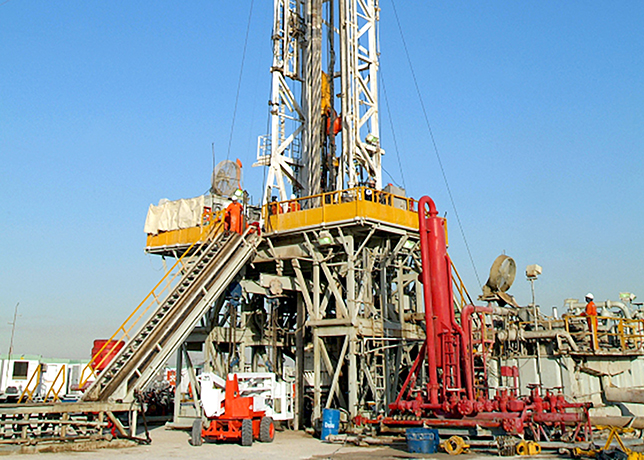
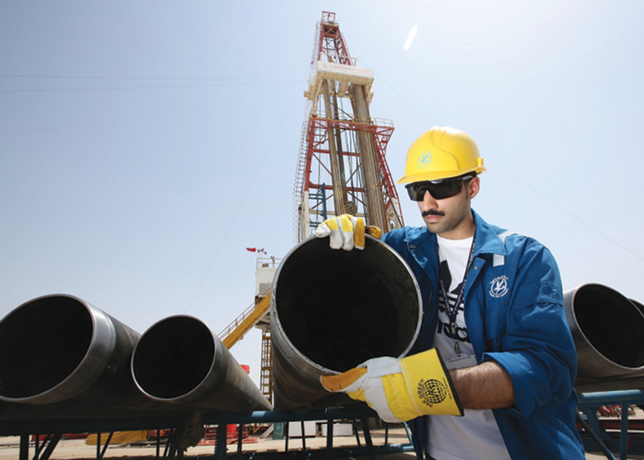
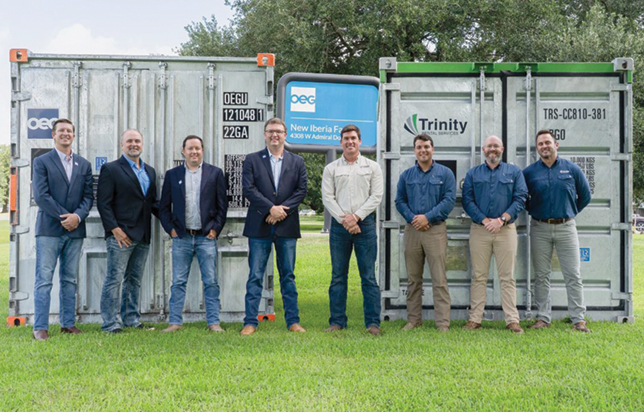

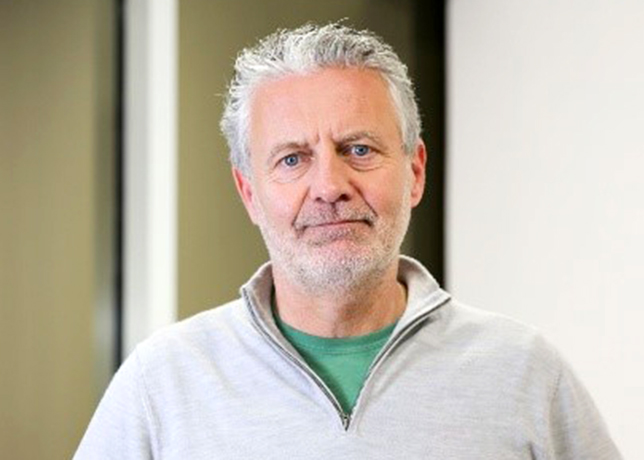

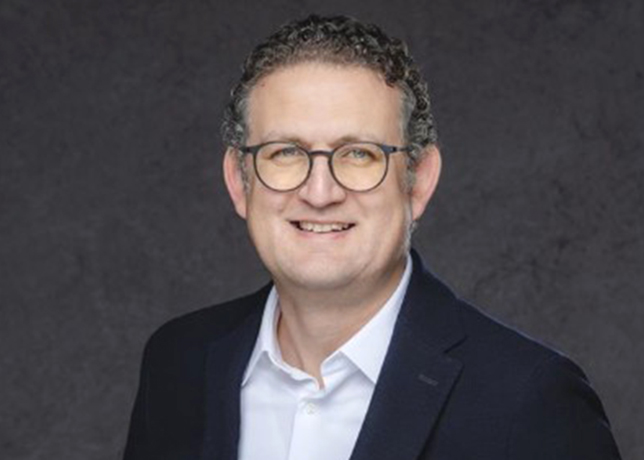

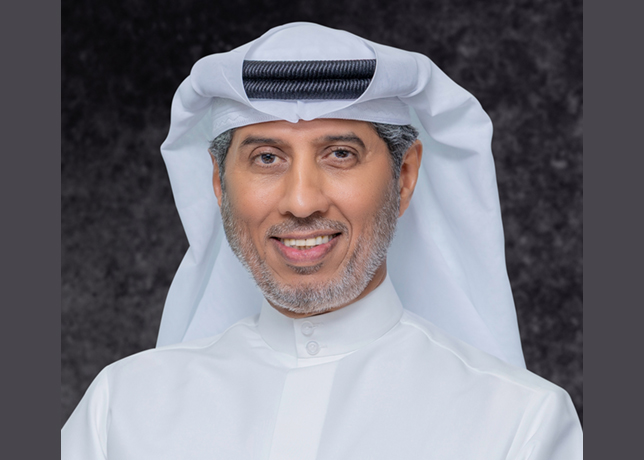


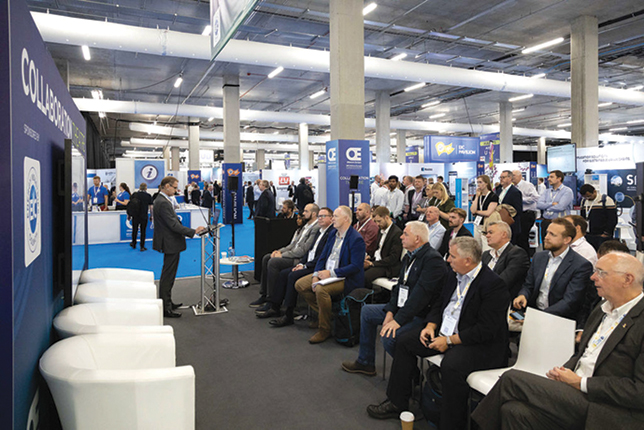
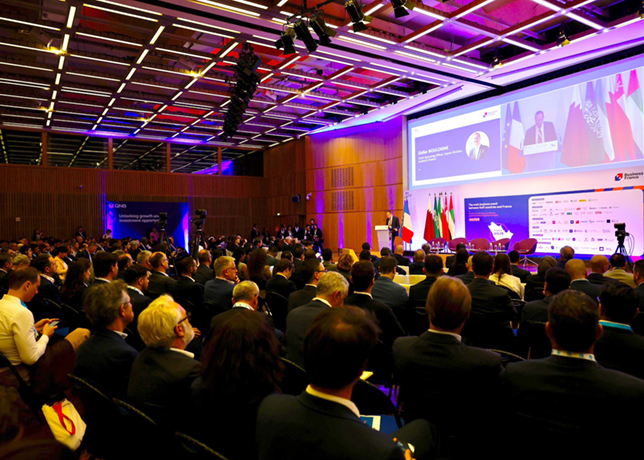
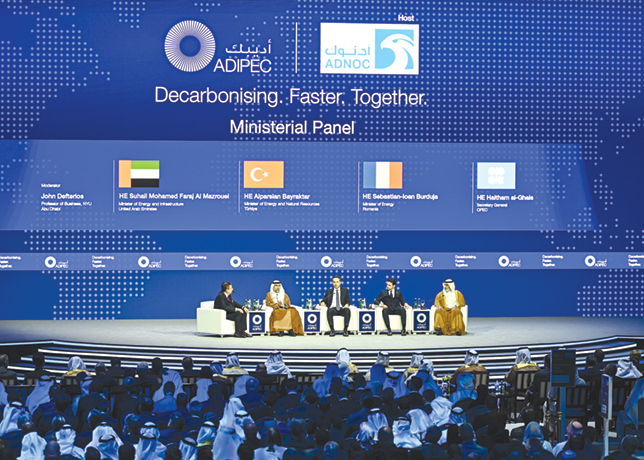

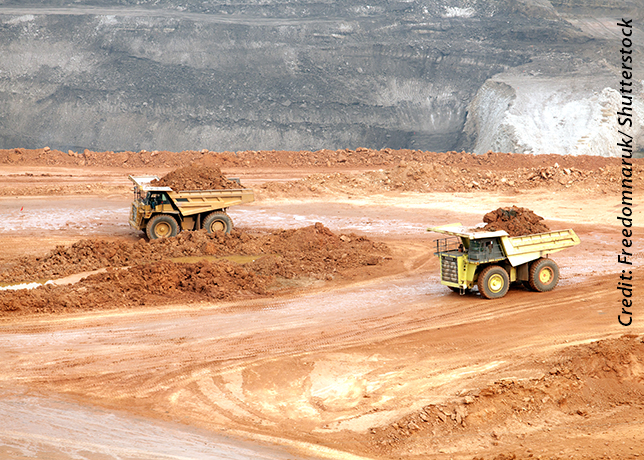
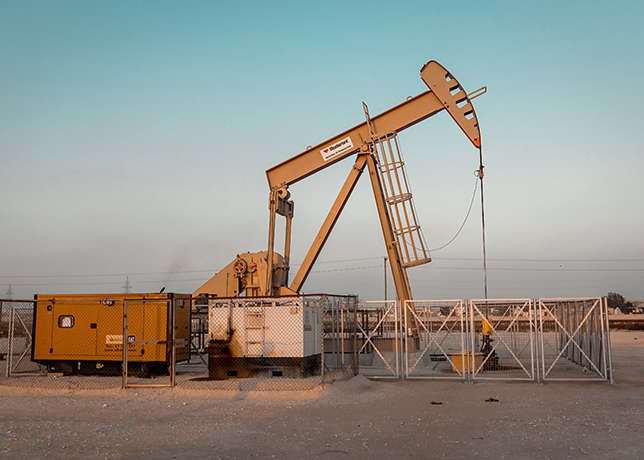
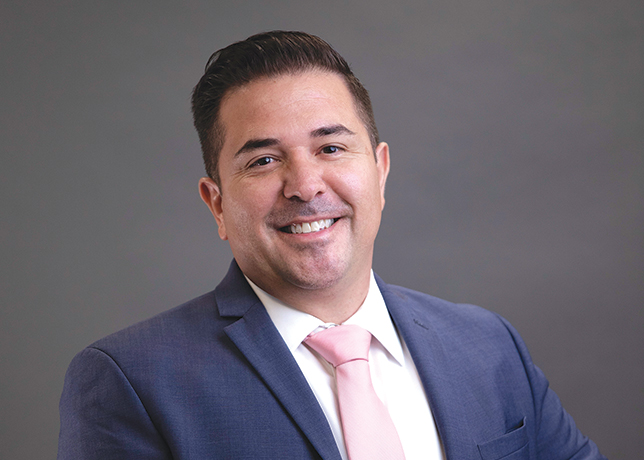

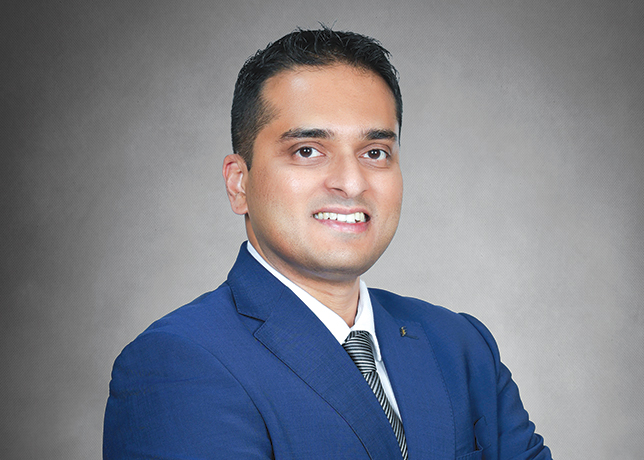
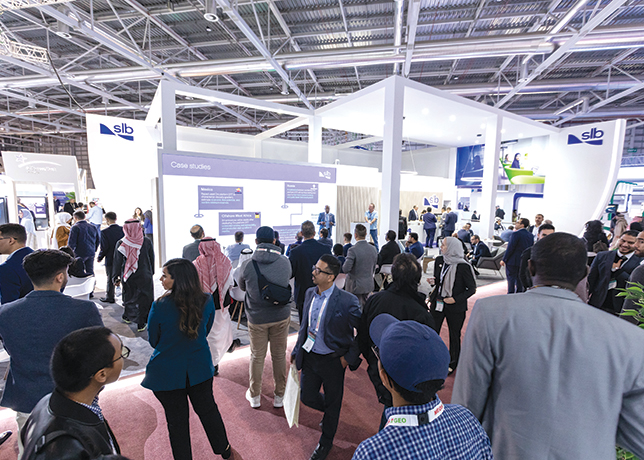
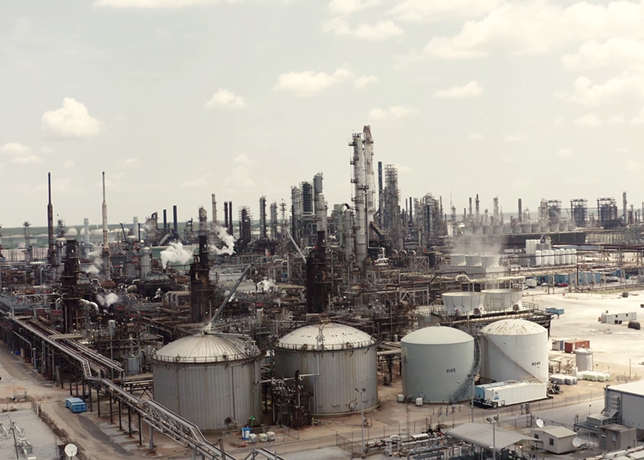
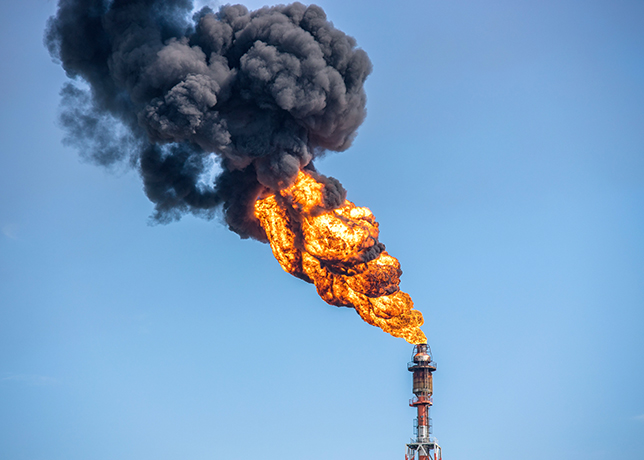
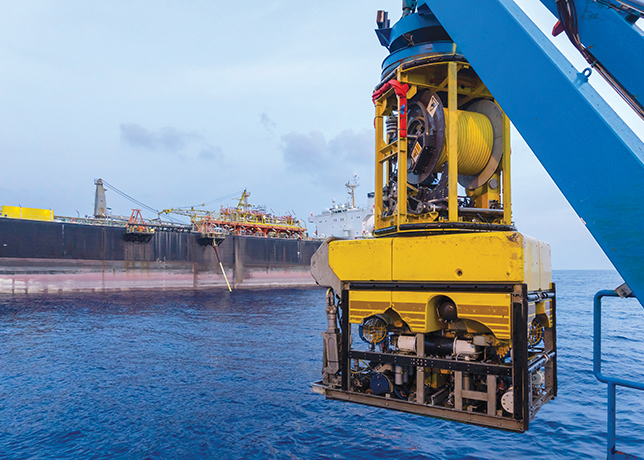
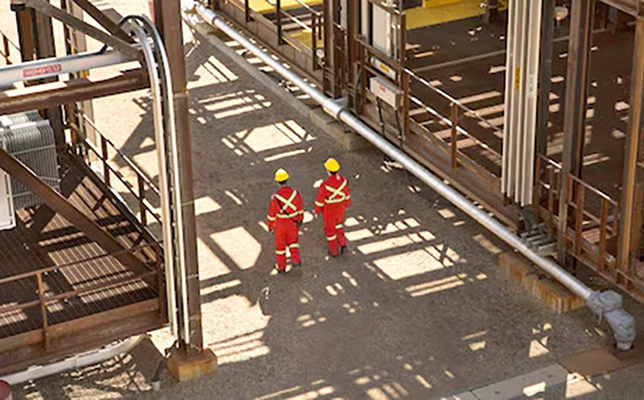
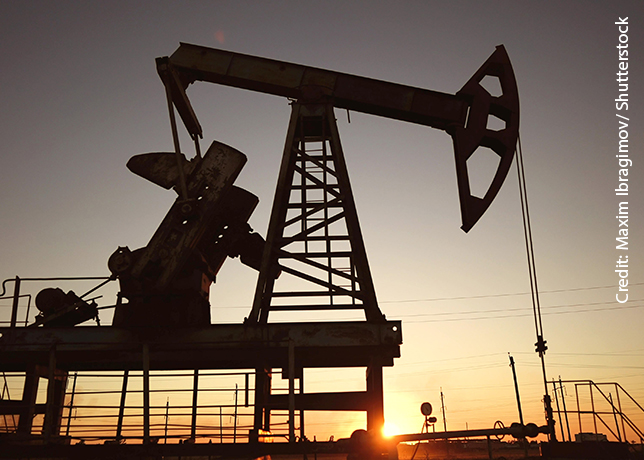
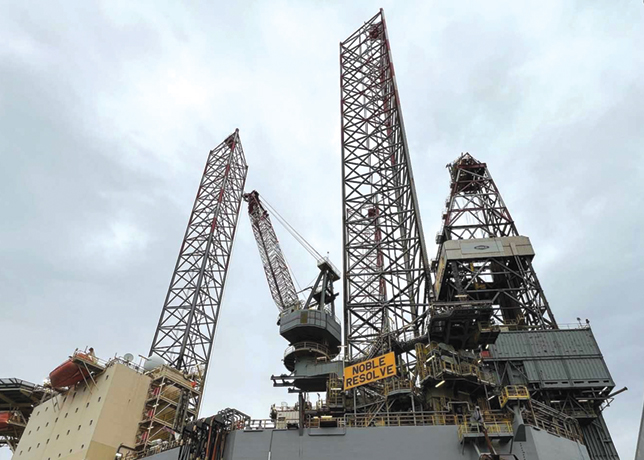
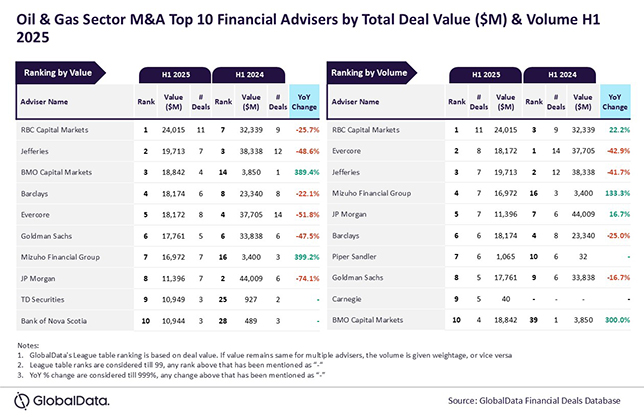
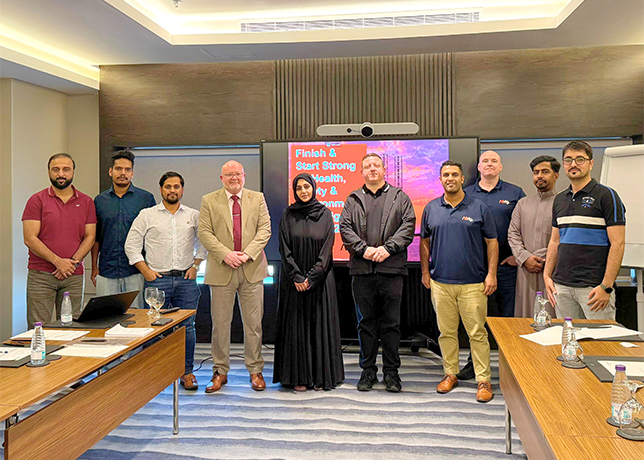
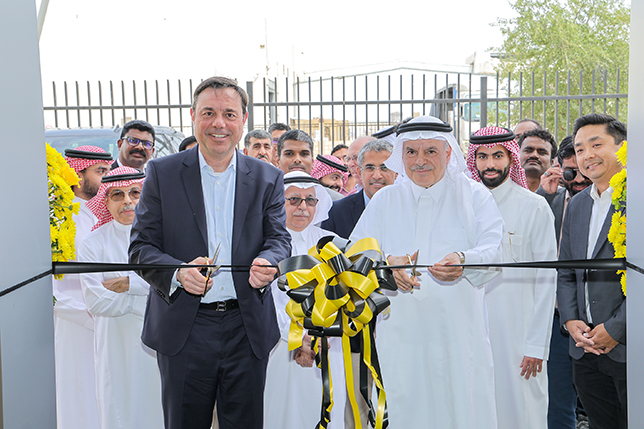
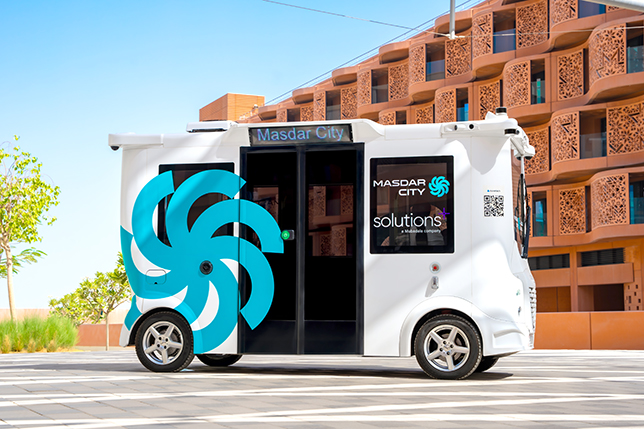
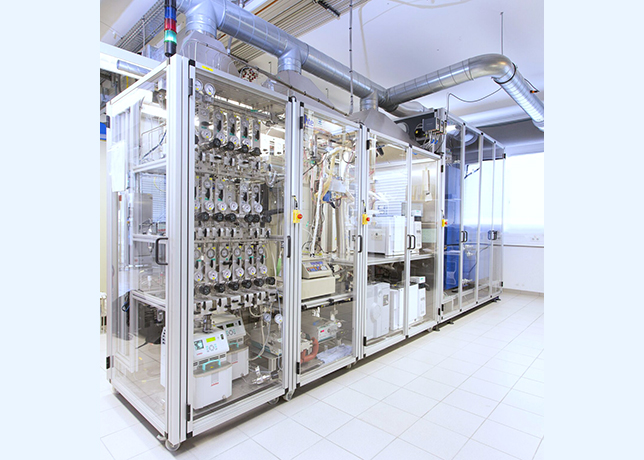
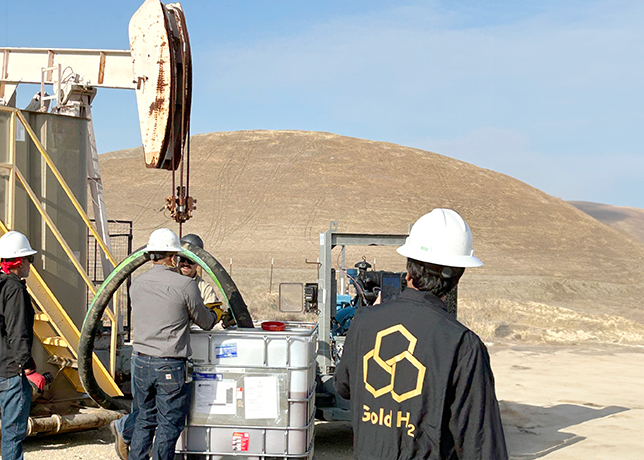

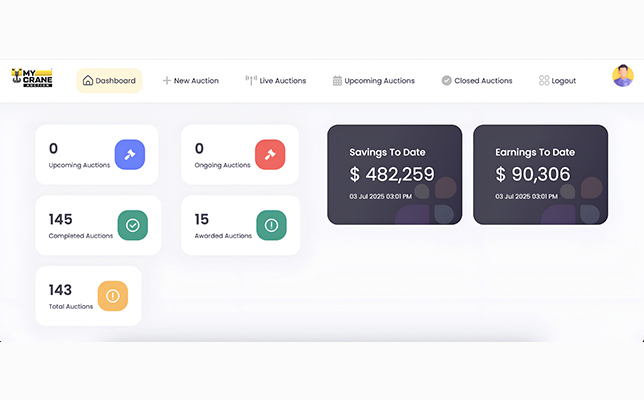
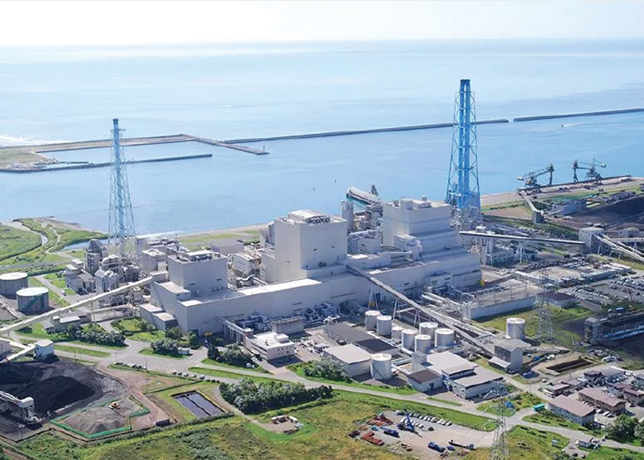
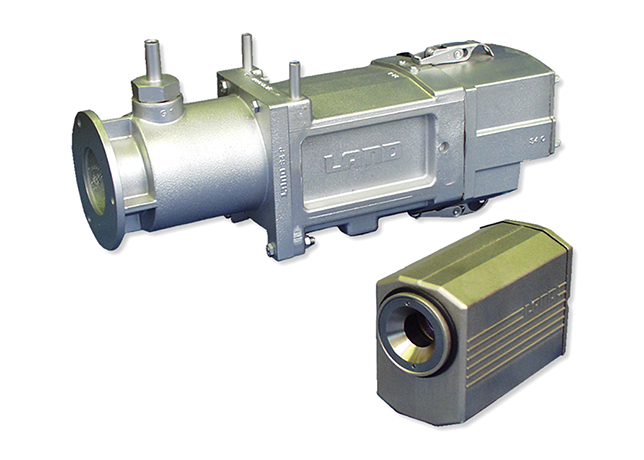

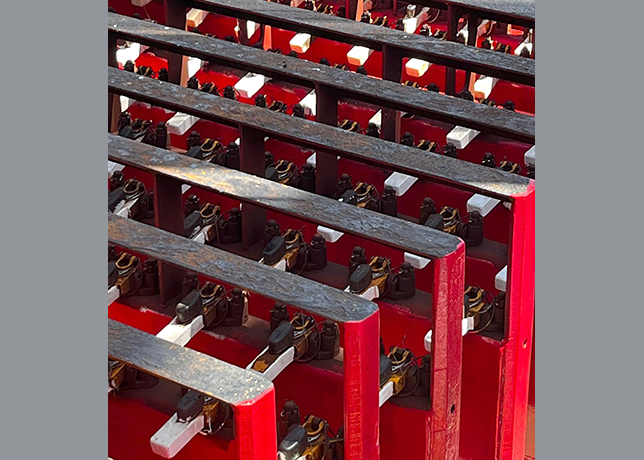
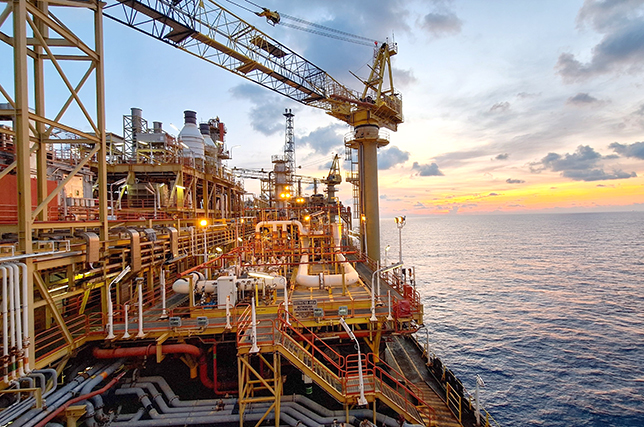
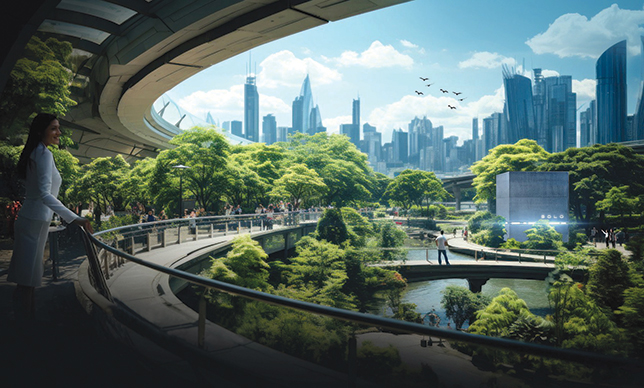
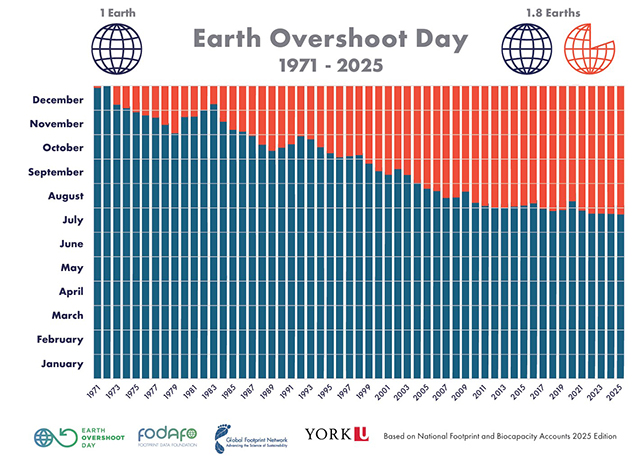
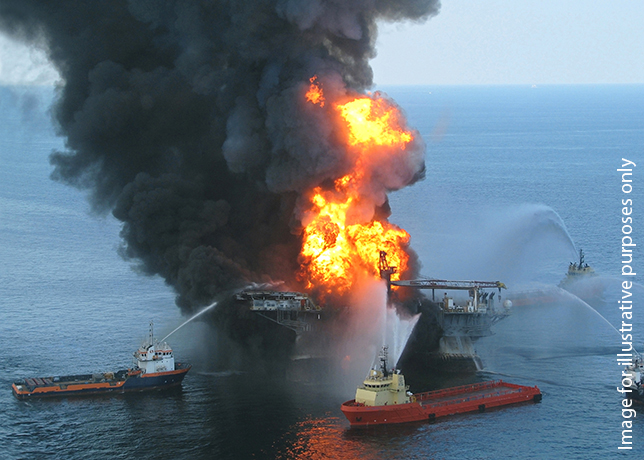
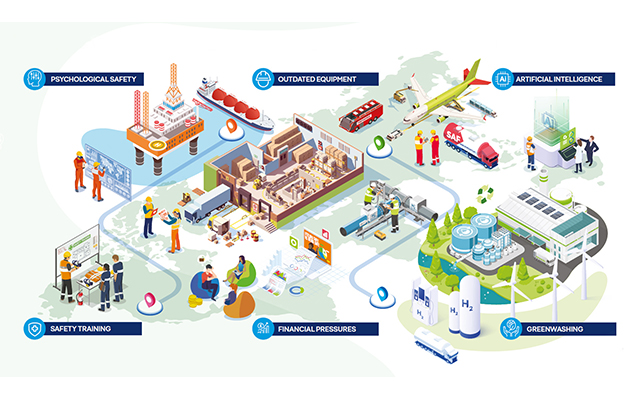
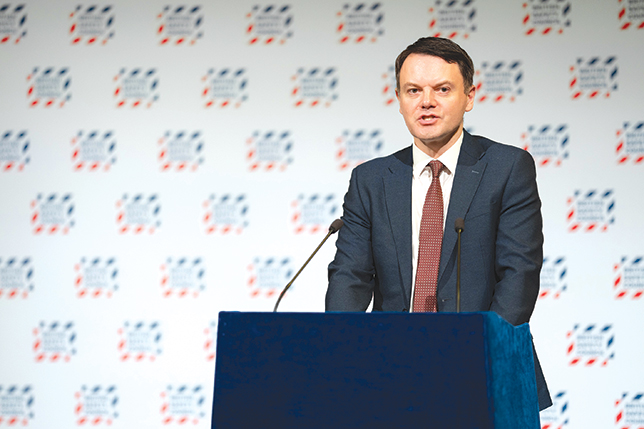
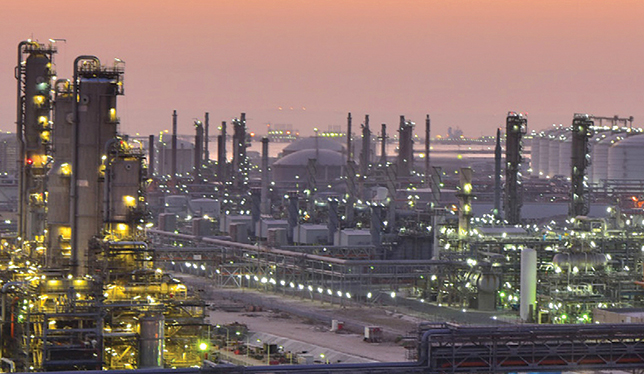
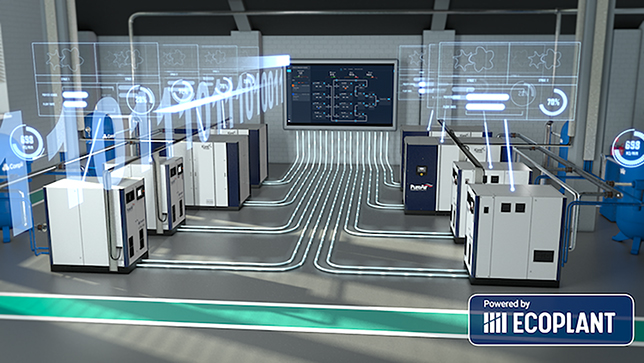
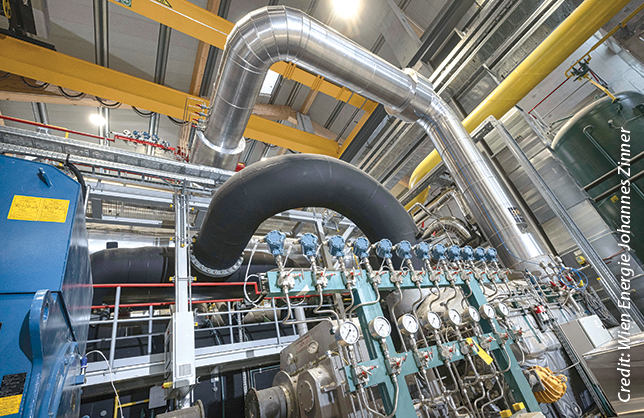
































.jpg)













